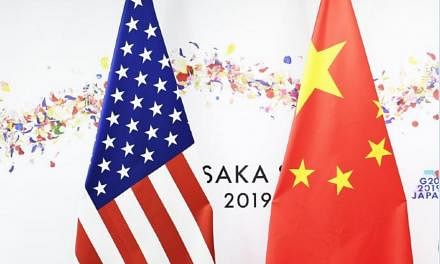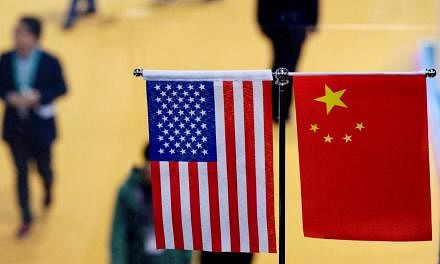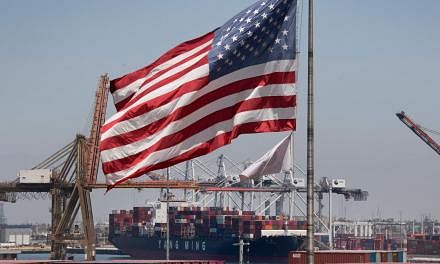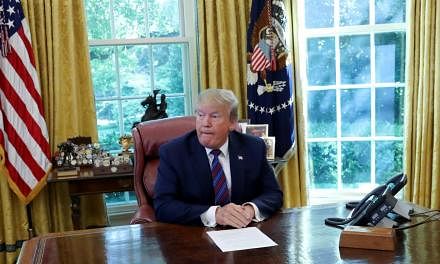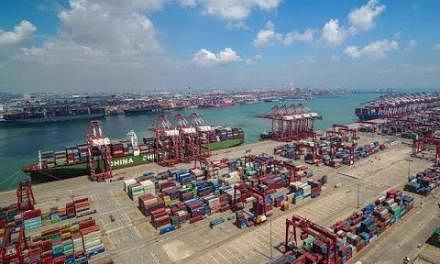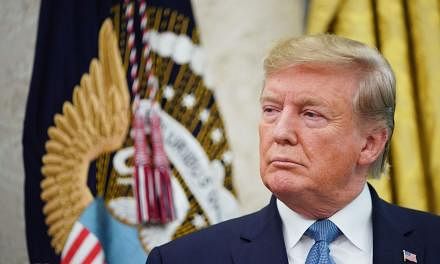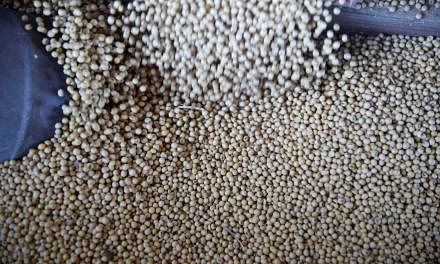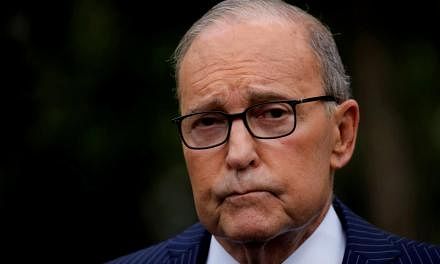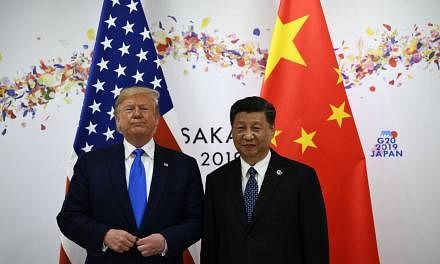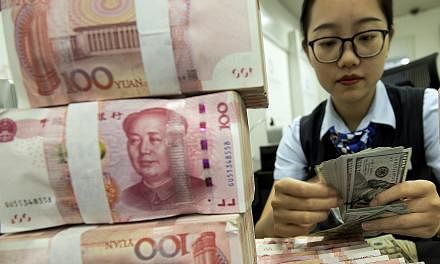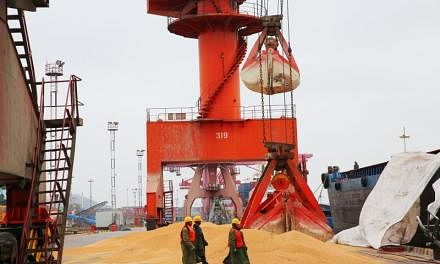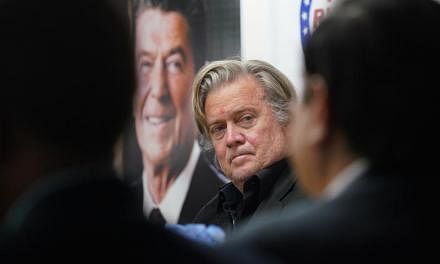WASHINGTON (REUTERS) - President Donald Trump said on Thursday (May 23) that US complaints against Huawei Technologies might be resolved within the framework of a United States-China trade deal, while at the same time calling the Chinese telecommunications giant "very dangerous".
Washington last week effectively banned US firms from doing business with Huawei, the world's largest telecoms network gear maker, citing national security concerns.
"You look at what they've done from a security standpoint, from a military standpoint, it's very dangerous," Mr Trump said in remarks at the White House. "If we made a deal, I could imagine Huawei being possibly included in some form or some part of it."
Mr Trump predicted a swift end to the trade war with China, although no high-level talks have been scheduled between the two countries since the last round of negotiations ended in Washington two weeks ago.
"It's happening, it's happening fast and I think things probably are going to happen with China fast because I cannot imagine that they can be thrilled with thousands of companies leaving their shores for other places," Mr Trump said during remarks at the White House, providing no evidence of such an exodus.
Shares of S&P technology and industrial companies, bellwethers of trade sentiment, fell more than 2 per cent on Thursday as the market slumped, in a sign the conflict was being seen as a battle not just over trade but also about who controls global technology.
Earlier on Thursday, US Secretary of State Mike Pompeo accused the chief executive of Huawei, Mr Ren Zhengfei, of lying about his company's lack of ties to the Beijing government, which he said represented a security risk.
"The company is deeply tied not only to China but to the Chinese Communist Party. And that connectivity, the existence of those connections puts American information that crosses those networks at risk," he said.
Huawei has repeatedly denied it is controlled by the Chinese government, military or intelligence services.
Mr Trump also said he would meet China's President Xi Jinping when they attend the Group of 20 meeting next month in Japan.
Both countries have blamed each other for the breakdown in talks, which were intended to end trade tensions between the world's two largest economies marked by tit-for-tat tariffs.
Mr Trump made the remarks during a free-wheeling news conference after touting a plan rolled out by his administration to provide the country's farmers with an aid package to combat the effects of the trade war, which have hit them particularly hard.
After Mr Trump imposed tariffs on Chinese goods last year, China curbed purchases of US soya beans, leaving farmers sitting on a stockpile of the commodity. China has also retaliated with tariffs on US corn, pork and other products.
"The US$16 billion (S$22.07 billion) in funds will help keep our cherished farms thriving and make clear that no country has veto on America's economic and national security," Mr Trump said.
Huawei chief financial officer Meng Wanzhou was arrested in Canada in December and faces extradition to the US on charges that she conspired to defraud global banks about Huawei's relationship with a company operating in Iran. She and the company deny the charges.
Tech companies around the world have fallen in line with US curbs on the company. Japanese conglomerate Panasonic said it had stopped shipments of some Huawei components, a day after British chip designer ARM did the same, potentially crippling the Chinese company's ability to make new chips for smartphones.
Asked if he believed more firms would stop working with Huawei, Mr Pompeo told CNBC in an interview on Thursday: "We do. We've been working at the State Department to make sure that everyone understands the risks."

